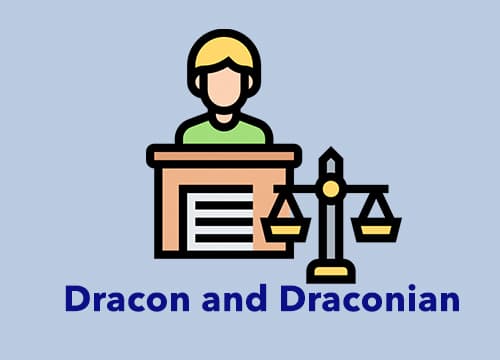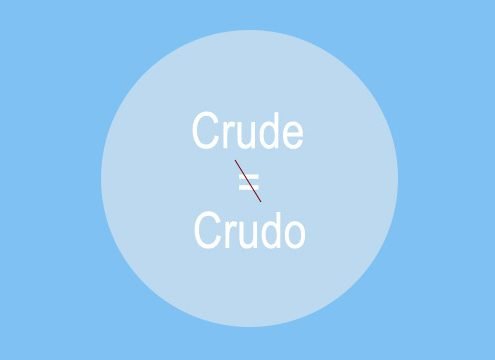In the 7th century BC (BC = before Christ or AC) there was an Athenian (ateniense) ruler called Dracon (sometimes written as Draco), and he ran a “tight ship” (an expression = llevar una gestión eficaz y seria) with strict laws and harsh punishments. He was one of the early rulers who replaced “oral” laws with written laws.
One of his legacies (legados) is the word “draconian” (draconiano, severo), which is used to describe something similar – very strict laws, and harsh treatment of people when they break the laws. For example, there are some countries that have the death penalty for drug dealing or homosexuality, or people are flogged (azotado) for some crimes. Those countries have draconian punishments and laws.
However, you may see the word used incorrectly. Here is an incorrect example:
- The city council has introduced draconian parking fines. “Draconian” is used wrongly here. The parking fines may be high, but they are not life-threatening or harmful to decent life.
When people use it incorrectly, as in the above example, it is a case of hyperbole (hipérbole) or exaggeration.











